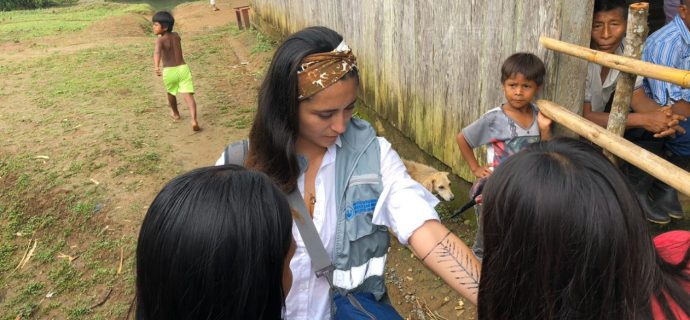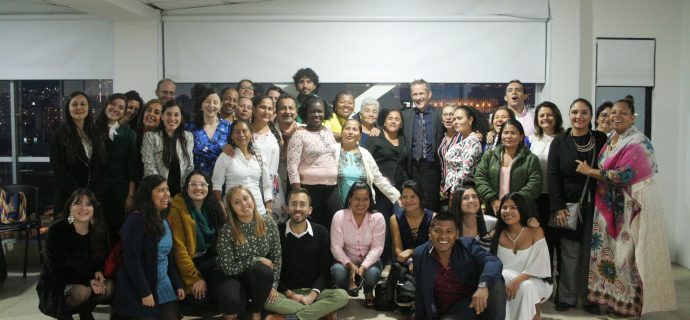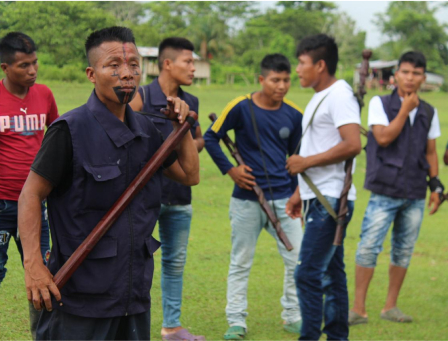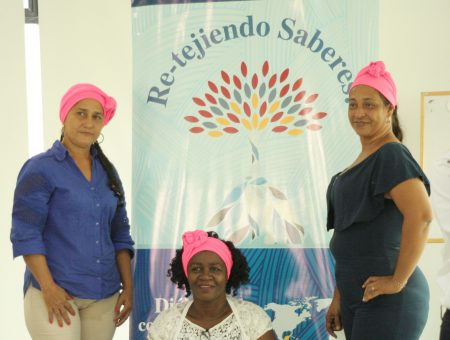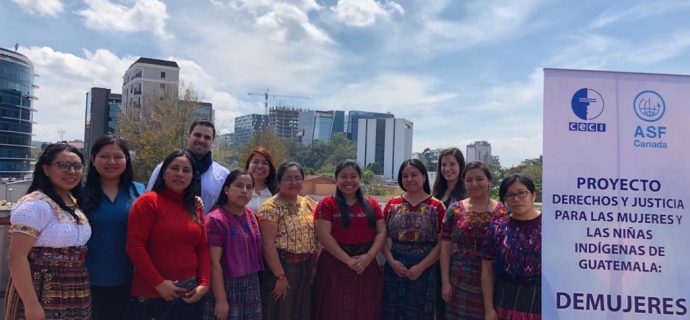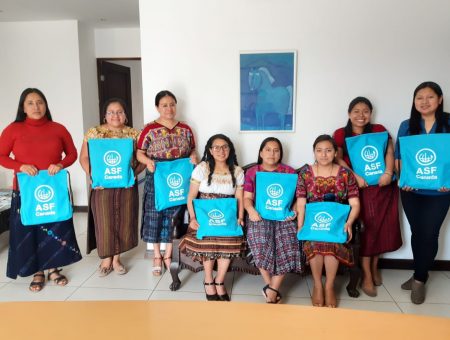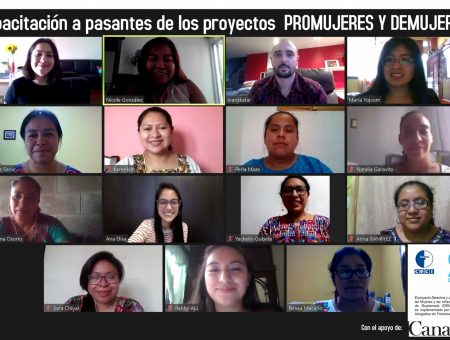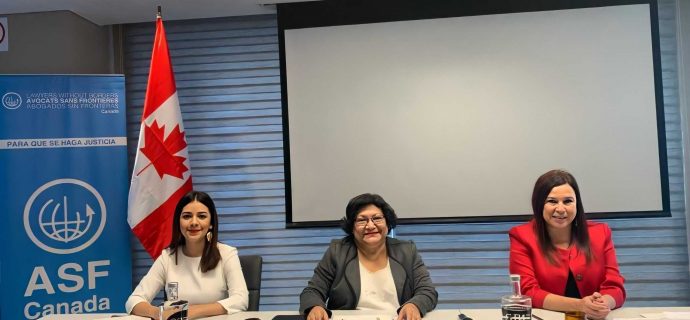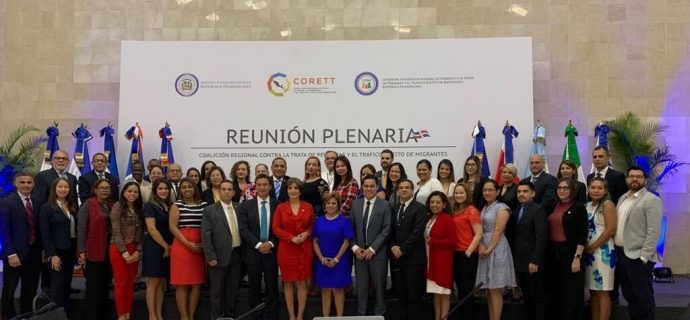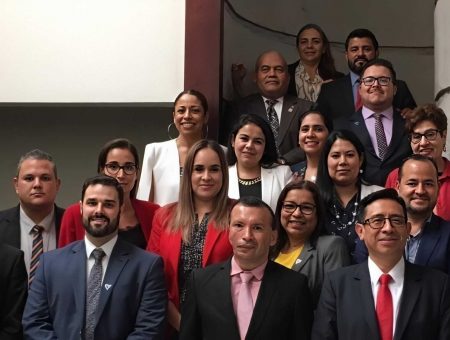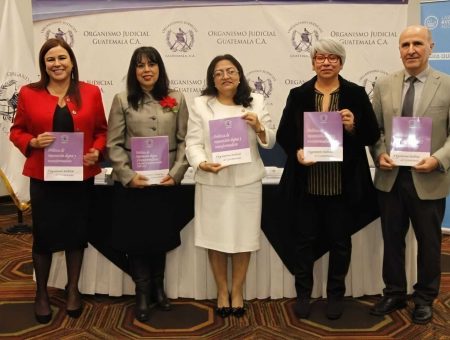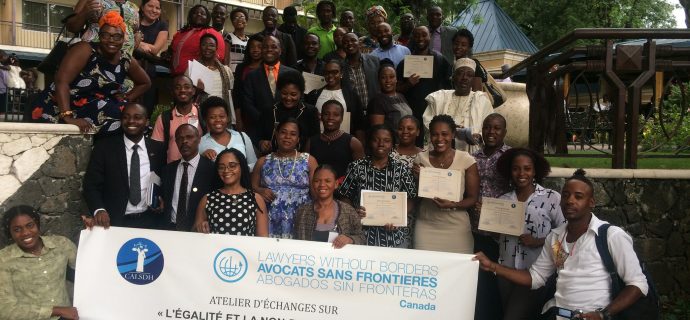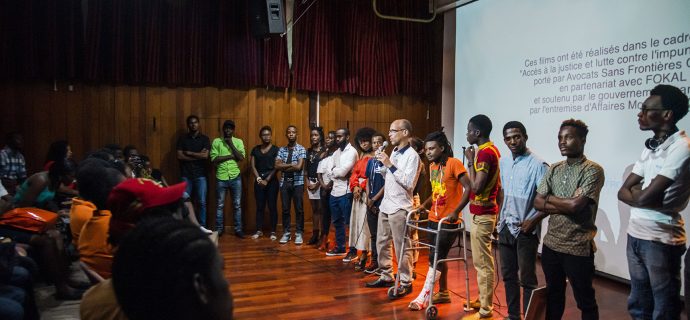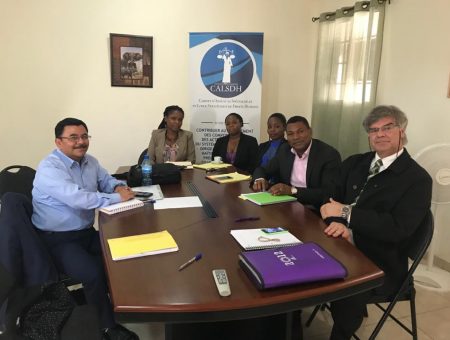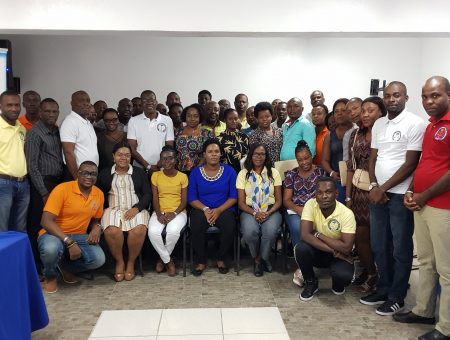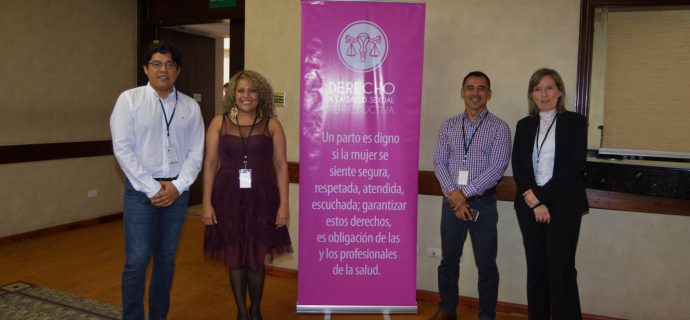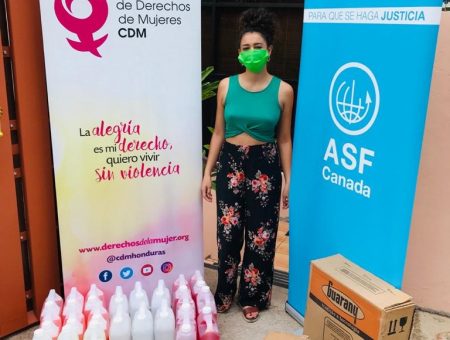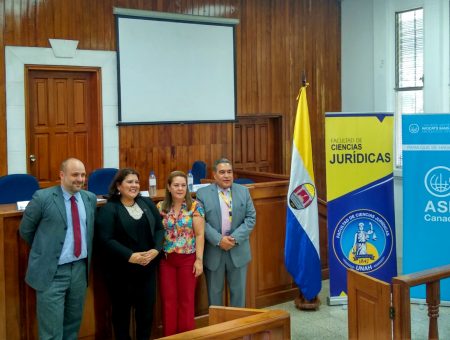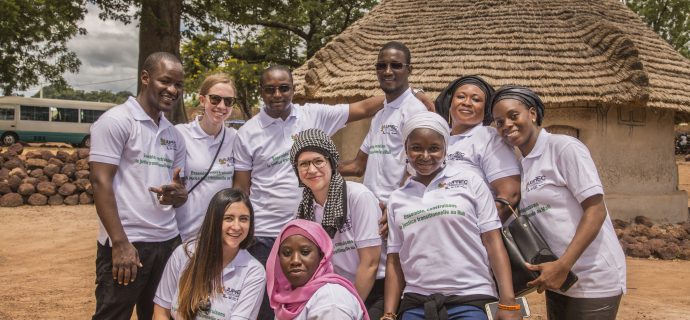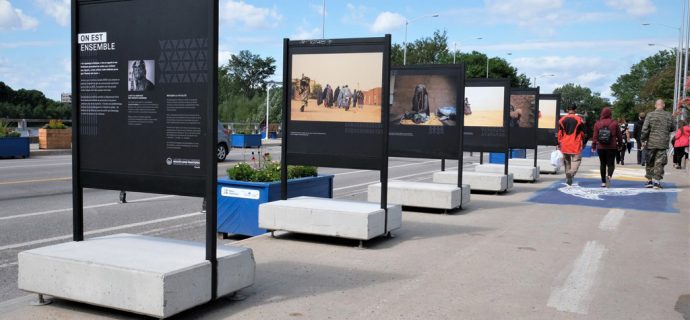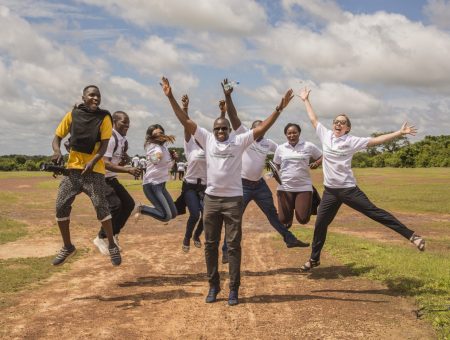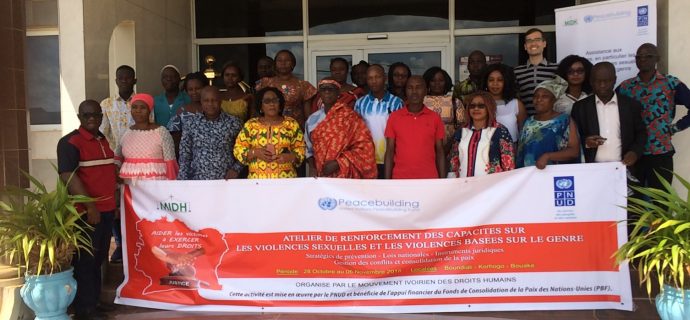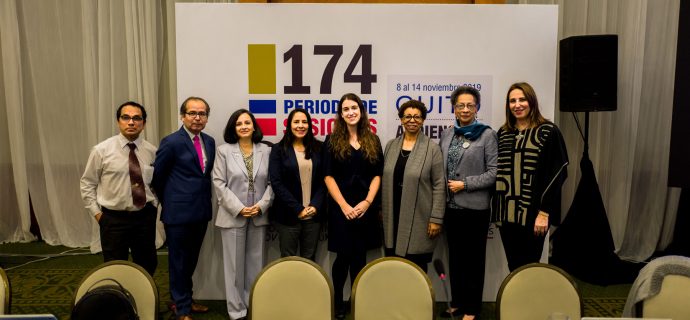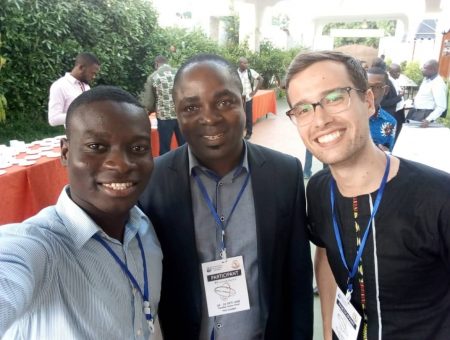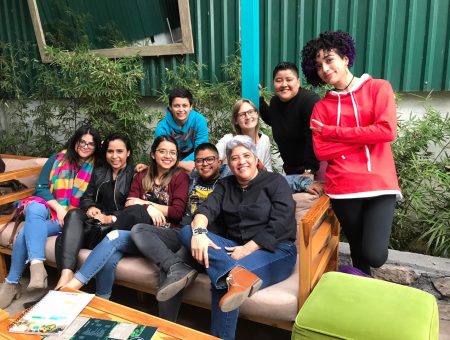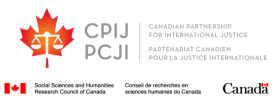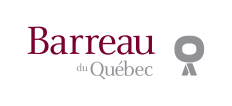Mission Complete for Two Major Projects
This year also saw the end of two five-year-long LWBC projects.
The first of these is the JUPREC project on justice, prevention and reconciliation in Mali, implemented by LWBC in partnership with Canada-based Centre for International Studies and Cooperation (CECI) and the University of Public Administration (ENAP).
The final assessment of the project showed that it had effectively contributed to reconciliation and peace in Mali. Through social dialogue, activities allowing beneficiaries to embrace human rights and gender equality, heightened access to justice, and support for the implementation of transitional justice mechanisms, the project contributed to preventing violence, reducing tensions, and fighting the spread of terrorism in Mali, regionally, and globally.
Over time, the JUPREC project took on a prominent position in Mali, where it will leave a tangible and durable legacy. In addition, for the second edition of the Paris Peace Forum in November 2019, the JUPREC project was chosen among 700 other submissions from 115 countries as an example of innovative solutions for advancing peace and security. LWBC has a long-term commitment to progress in Mali and will therefore continue its work through other projects.
The second project, PRODEF, on the Protection of the Rights of Children, Women, and Other Vulnerable Communities, implemented by LWBC in partnership with the International Bureau for Children’s Rights (IBCR), ended on March 31, 2020.
LWBC volunteers actively contributed to obtaining impactful rulings, sometimes even historic, in emblematic cases on war crimes and crimes against humanity, civilian massacres, sexual and gender-based violence, enforced disappearances, extrajudicial killings, torture, discrimination, and corruption.
Voluntary cooperation is part of LWBC’s DNA. This means that despite PRODEF coming to an end, voluntary cooperation is still part of each and every one of our projects, providing assistance to our partners in all of our countries of intervention.


















